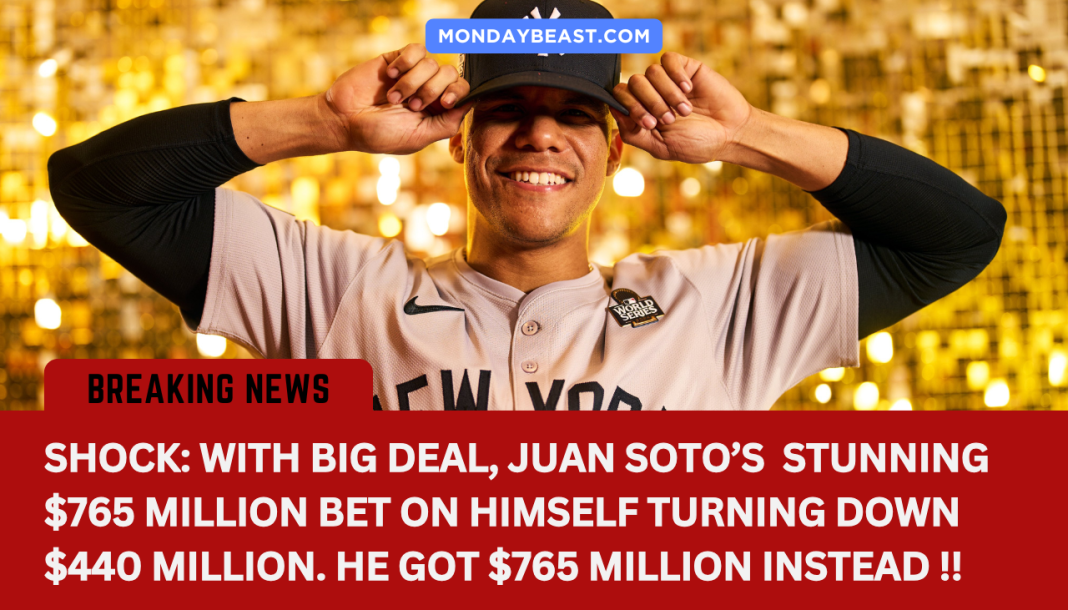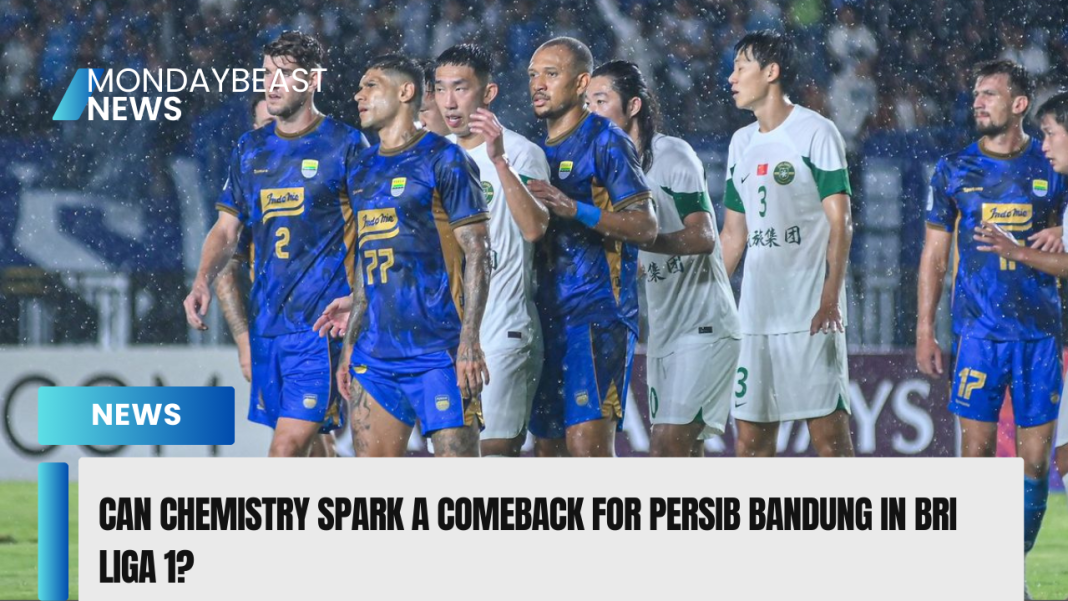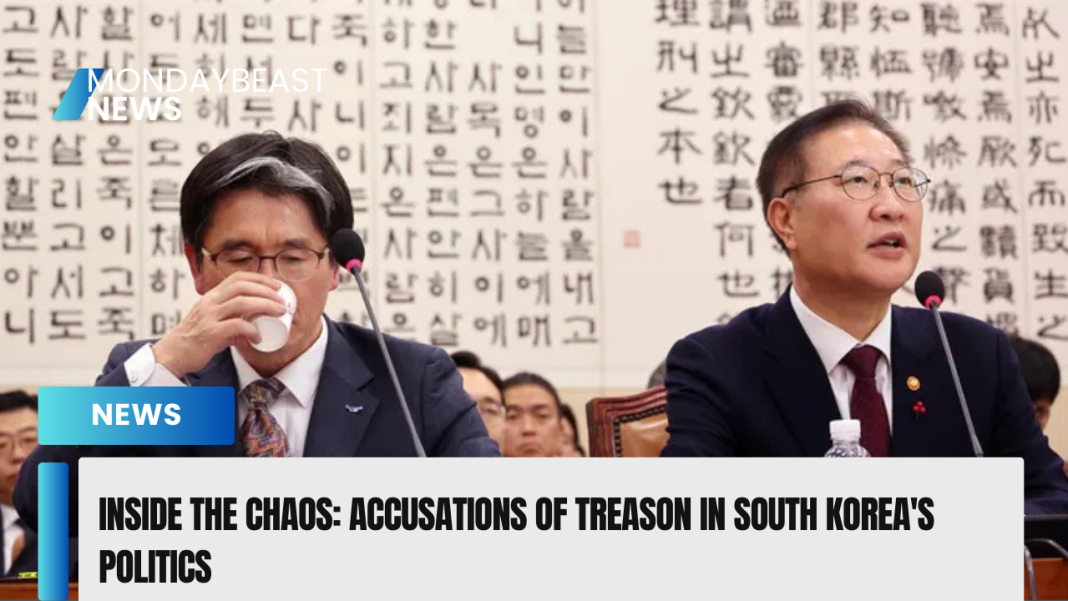Juan Soto’s choice to bet on himself
When Juan Soto turned down a $440 million contract, he made a bold choice. In a world where security often overshadows ambition, Soto chose ambition. The high-stakes gamble paid off in spades.
The free agent began his journey after the New York Yankees lost the World Series. He was set on signing with the highest bidder. His determination was evident.

As he put pen to paper, Soto shocked everyone. The New York Mets offered him a record-setting 15-year, $765 million deal. This surpassed all expectations and shattered previous records in sports history.
The bidding war and Soto’s new contract
The bidding became fierce, with teams like the Yankees and Boston Red Sox vying for Soto’s talents. Both franchises offered close to $700 million, showcasing the intense competition. Ultimately, it was the Mets who topped the bids, just by $5 million.
Soto’s annual average salary now stands at a jaw-dropping $51 million. Compare that to the $47.5 million annual average from the Yankees. The structure of the deal includes a $75 million signing bonus, with no deferred money in sight.

Moreover, Soto holds an option to opt-out after five years. This puts him in an advantageous position as contracts evolve in the years to come. The Mets could potentially increase the worth of this deal to an astounding $805 million.
Reflection on Soto’s strategy
Soto’s decision echoes louder than just dollars. It represents a turning point for athletes and their worth. Fans often wonder: How much is too much? Soto’s journey challenges these notions.
It puts a spotlight on player agency within the sport. As salaries rise, what does this mean for younger athletes? Should they take risks like Soto did? He opted to trust his abilities and market value, ultimately captivating millions.
The aftermath for the losing teams

What lies ahead for the teams that lost out on Soto? The Yankees, faced with disappointment, will need to pivot quickly. They’re expected to make serious moves in the upcoming free agency, eyeing notable players.
Adding to the drama, the Boston Red Sox aim to bolster their roster as well. They might trade for pitchers, seeking a rebound. Meanwhile, the Toronto Blue Jays could also consider significant signings.
As these teams recalibrate their strategies, they can’t ignore the implications of Soto’s signing. The Mets are clearly basking in glory, making a statement about their intentions in the league.
The larger implications of Soto’s deal
In a broader context, Soto’s deal represents a shift in the baseball landscape. It raises questions about the future of contracts in Major League Baseball. Are we in a new era of contracts that are larger than life?
For owners, Soto’s deal illustrates the stakes of winning. Steve Cohen, the Mets owner, saw an opportunity. He was not only investing in a player but in the potential for franchise success.
Through Soto, the Mets aim to elevate their attendance numbers and rekindle fan loyalty. After a decline last season, attracting 3 million fans feels tantalizingly within reach.
Conclusion: A mixed bag of emotions
As fans, we can’t help but feel mixed emotions. Soto’s story intertwines ambition, strategy, and raw talent. It reminds us of the fragility of success. What happens when the gamble pays off, and when it doesn’t?
In the end, Soto’s journey is more than a monetary transaction. It’s a testament to courage, aspiration, and, of course, the enduring love for the game.




